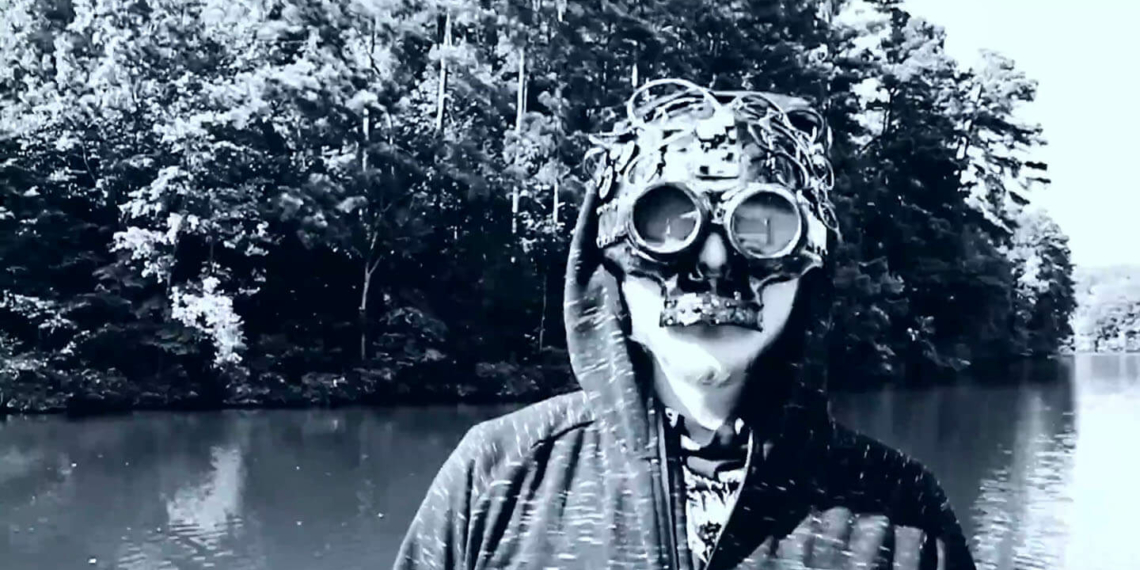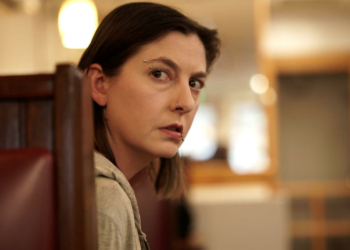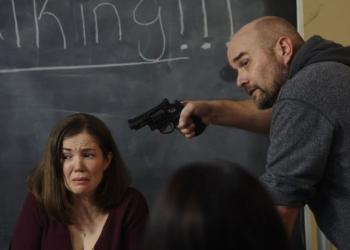Ty Brueilly’s 2018 Meng Hua Lu is a silent black-and-white short that plays with the line dividing narrative and non-narrative cinema. Using imagery that falls somewhere between dream and memory, the film’s basic premise is that of the in-between space between this life and whatever comes after. Of course, there will be disorientation.
Two aspects stand out. Brueilly, who has handled just about every major production role here including featuring in the film, clearly has great skill with editing, if not as much with the camera. From the start, Meng Hua Lu develops its rhythm through the music, going on to take on a life of its own so that the music seems to follow the cutting rather than the other way around. The cutting brings vitality to the visual noise, and the original score widens its dramatic scope. One moment in particular sticks out: a mechanical doll dances to the music built into its design, a nice percussionic thing, only for it to become a chilling evocation of death.
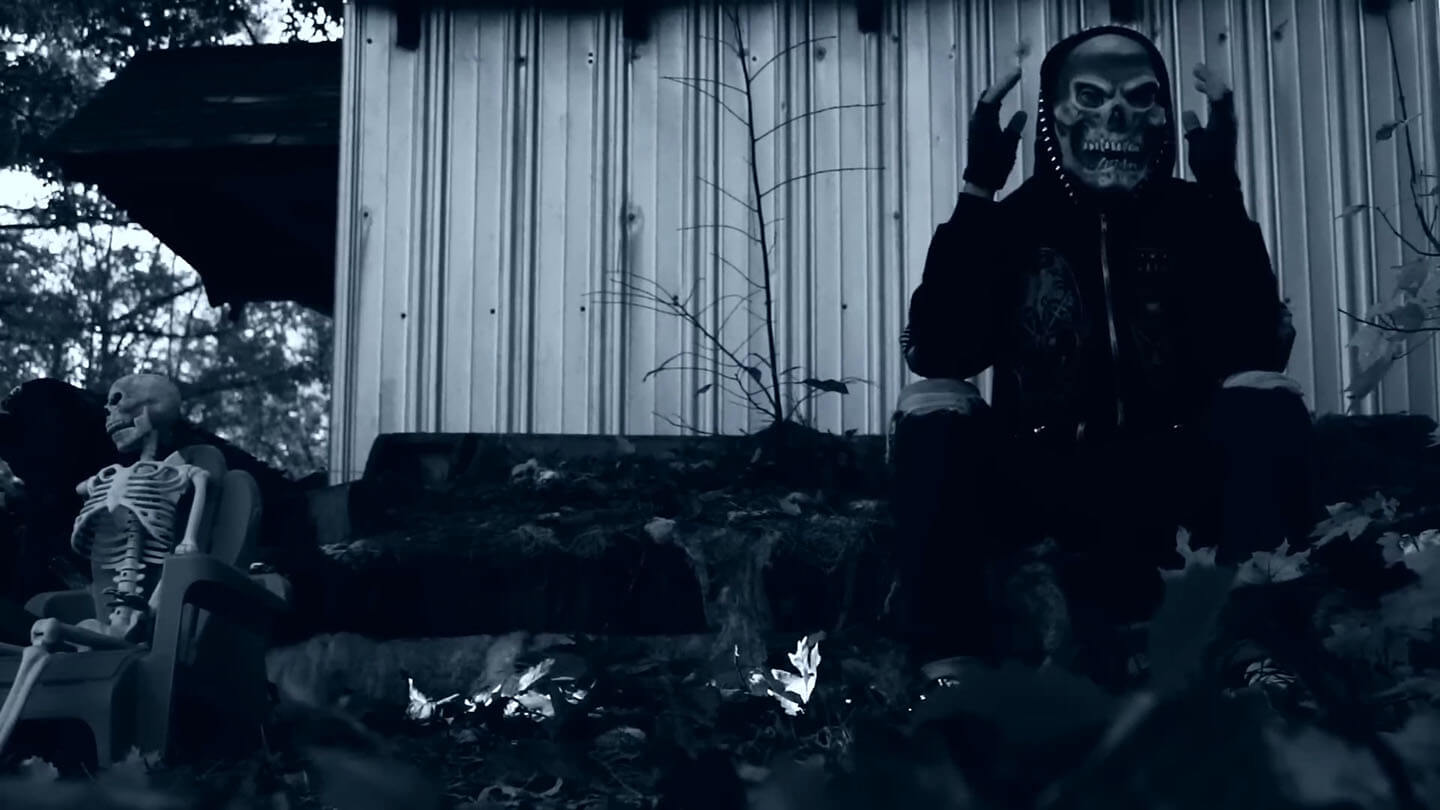
The camerawork is handheld and rough, sometimes like home video in their attempt towards melancholic bittersweetness, but there is as much reach towards heavy metal, edgy darkness that recalls the mid-2000s to something of the mid-2010s. And over and over, the editing brings in whatever the film needs: technical oomph, grace, and everything in between.
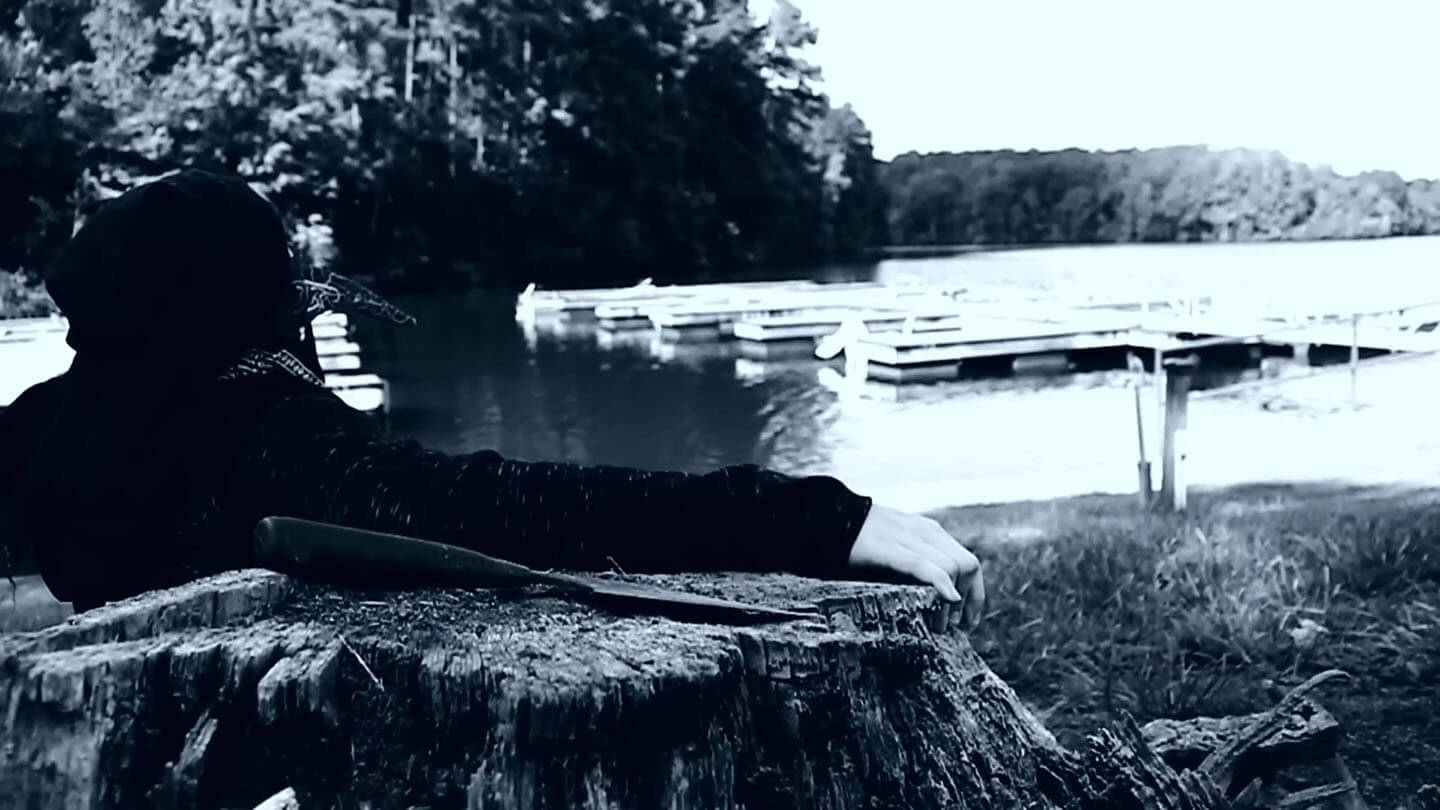
Meng Hua Lu is a glimpse of the past—the tainted but still recognisable world of pre-covid—for the viewer as much as it is its own gargled memory/hallucination mashup that also feels prophetic of the covid feeling that was two years away yet. Well, what is dreaming if not experiencing the world cleaved from itself?
Watch Meng Hua Lu Short Film
Meng Hua Lu: A Short of Experiments in Imagery, Noise, and Silence
-
Direction
-
Cinematography
-
Screenplay
-
Editing
-
Music


